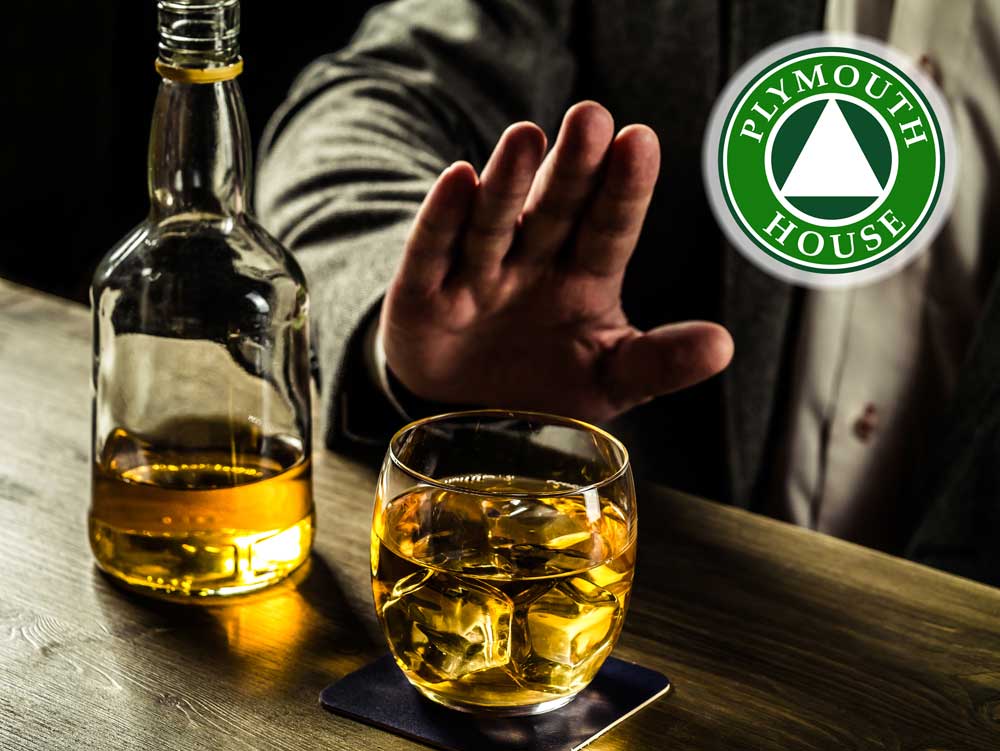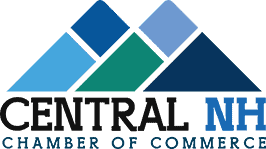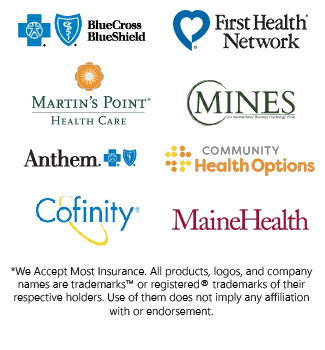Addiction Therapy
What is Relapse Prevention?
What is the main point of undergoing addiction treatment? To stay sober once treatment has concluded. At The Plymouth House we place a strong emphasis on Relapse Prevention Training, ensuring that each of our guests is fully equipped with the tools and skills he or she needs to maintain sobriety in the face of adversity. Guests learn how to identify, address and effectively work through their personal relapse triggers as they experience group therapy workshops, intense work done alongside their 12-step contact and one-on-one therapy sessions with a licensed, on-staff therapist. This is only one of the many addiction services we offer, providing our guests with an extremely individualized and integrated program of recovery that focuses on deep and lasting physical, mental, emotional and spiritual healing.
What is Relapse Prevention Training?
Relapse Prevention Training is an essential component of every effective recovery program. By the time a guest makes the decision to seek professional treatment, there is a good chance that he or she has attempted to quit drinking or using drugs unsuccessfully.

Relapse prevention techniques are taught in an individual and group therapy setting, and guests have the opportunity to implement what they have learned in real-life scenarios and later process their experiences.
According to an article published in the Yale Journal of Biology and Medicine, relapse prevention is a combination of four main ideas. First of all, relapse is not something that happens overnight. It is a gradual process, and it typically occurs in several distinctive stages. This means that relapse can be caught early on, and it can always be prevented. The second idea is that addiction recovery happens in distinctive stages, and that each stage of the recovery process poses its own risk of relapse. For example, someone who recently completed medically monitored detox but did not enter into an inpatient treatment center right away might experience a relapse because of the lapse in treatment, the lack of relapse prevention skills and the presence of intense psychological drug cravings. Someone who has been sober for five years might experience a relapse because he or she was going through an emotionally tough time, and rather than reach out for help or amp up meeting attendance, decided to isolate and stray away from his or her recovery program. The third idea is that effective relapse prevention combines Cognitive Behavioral Therapy with mind-body relaxation techniques, and finally, the majority of relapses can be attributed to the same few things.
We Are Here For You
Let Us Help You Heal
Our Drug & Alcohol recovery services are second to none.
Learn how we can help by speaking with one of our Treatment Advisors today.
Important Components of Relapse Prevention
If a person wants to stay sober long-term while completely avoiding a return to old, self-destructive behavioral patterns, he or she must:
- Be able to accurately identify personal relapse warning signs.
- Change certain aspects of life that could potentially lead to a relapse (like spending time in bars, working as a bartender, spending time with a highly dysfunctional family or spending time with friends who drink and/or use drugs).
- Be completely open and honest about feelings and emotions.
- Practice self-care and practice setting and maintaining healthy personal boundaries.
- Ask for outside help whenever necessary.
- Avoid bending the rules of recovery and practice taking suggestions. (For example, if a person is instructed to attend at least one 12 step meeting daily, it is not a good idea to bend these rules to “Monday through Friday.” Every day means every day!)
Our Drug & Alcohol Treatment Services Include
Identifying the Stages of Relapse
As previously mentioned, relapse is not a process that happens overnight. People who return to drinking or drug use after a prolonged period of sobriety do so gradually, over time. It might feel unpredictable, but when it comes to relapse there are always warning signs. Relapse occurs in three main stages: emotional, mental and physical.
- Emotional relapse – During this stage of the relapse process, the person is not actually thinking about picking up. He or she is going through a difficult time emotionally and likely starts to exhibit several telltale relapse warning signs, including isolating, skipping 12-step meetings, not sharing his or her emotional state with anyone else and experiencing slight changes to sleeping or eating patterns. During this stage of the relapse process, it is also common for a person to start projecting. Rather than focusing on him or herself, the person might start focusing more on other people.
- Mental relapse – During this phase of the relapse process, the person is essentially at war with themselves. Part of them wants to pick up a mood and mind altering chemical substance, the other part of them screams, “No, don’t do it! You’ve come this far!” People who are in the mental stage of the process start to crave their substance of choice. They begin romanticizing drug or alcohol use, and thinking about the people, places and things they associated with using drugs or drinking. Many people engage in bargaining, meaning they come up with circumstances in which it would be “acceptable” to use. This might look like thinking, “If I go out of town I can drink. No one will know, and I’ll allow myself to drink when on vacation. Then as soon as I get back into town, I’ll stop again.”
- Physical relapse – This stage occurs when the person actually picks up a drink or a drug and uses again for the first time after a period of sobriety. The person might tell themselves that they are only going to use once, or that they are only going to use under certain circumstances, but this is usually not the case. It is important that a physical relapse is caught immediately, and that the person takes the necessary steps to get back on the wagon as quickly as possible. Otherwise, he or she is liable to wind up back where he or she was before going through treatment.
Ready To Begin Your Drug & Alcohol Treatment?
We Offer A Safe & Effective Program
Don’t let Drug & Alcohol addiction control your life.
Call us today and let’s get you started on the path to a better you.
How To Maintain Long-Term Sobriety
Maintaining long-term sobriety is entirely possible with the right tools in place. That includes maintaining a connection with AA and a higher power of our own choosing, and staying actively engaged with the alumni family at The Plymouth House. For many people, entering into a sober living house is an important part of aftercare. Sober living houses allow for continued support and built-in accountability as people navigate early sobriety and a more independent living situation. Every program of aftercare will be different, but every effective plan for continuing care includes ongoing 12-step program involvement. At The Plymouth House we focus on equipping our guests with the tools they need to work through any challenging and potentially triggering situations. Life throws curveballs at us sometimes, and we have to know how to navigate unexpected and emotionally strenuous situations. We are not expected to navigate these situations gracefully — simply with a level of willingness to ask for help whenever necessary, and with a working knowledge of healthy coping mechanisms.
Leave Treatment With Confidence
At The Plymouth House one of our main goals is ensuring that each of our guests leaves with the confidence he or she needs to maintain long-term sobriety. We make sure that guests have a plan of action in place that they feel comfortable utilizing as they transition back into the real world. Early recovery can be a particularly stressful time, and relapse prevention tools are especially important during the first few months of sobriety.
If you or someone you love could benefit from working the 12 steps, getting sober and learning about how to maintain that sobriety, contact us. Our team of Treatment Advisors is available 24/7 to answer all your questions and help you plan your journey in recovery.
Begin Healing Now!
Have A Call With One Of Our Treatment Advisors
Don’t Suffer Any Longer
















